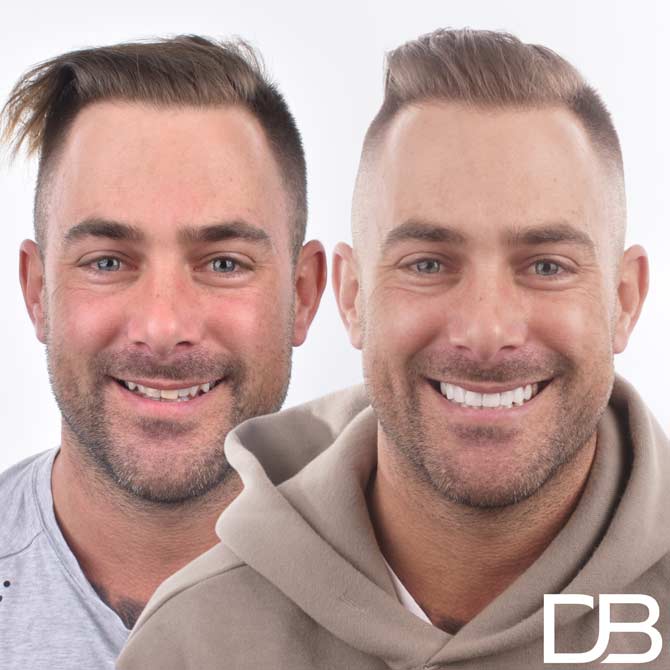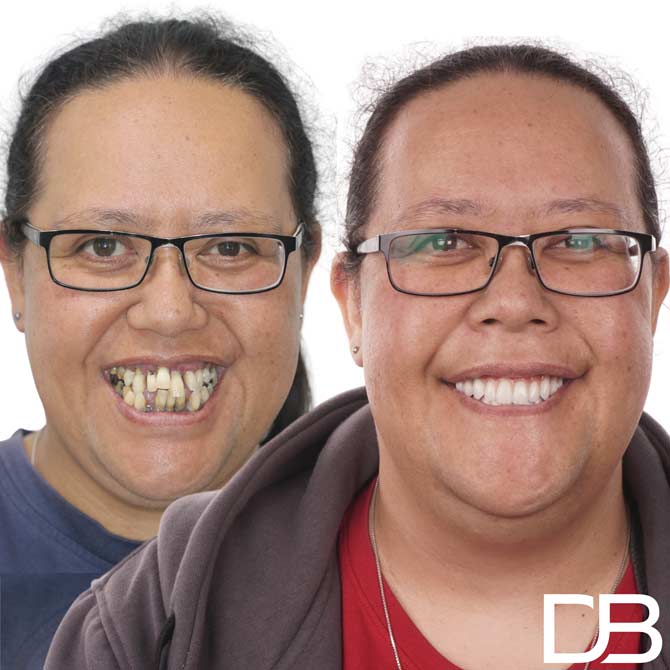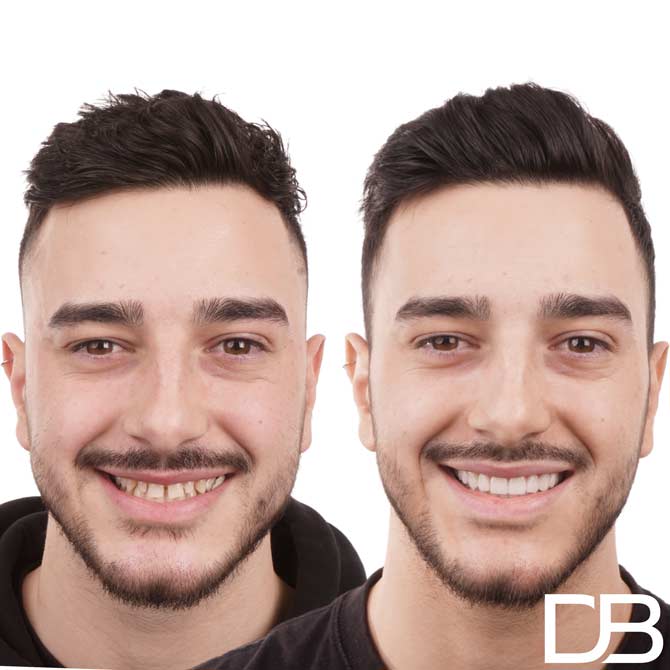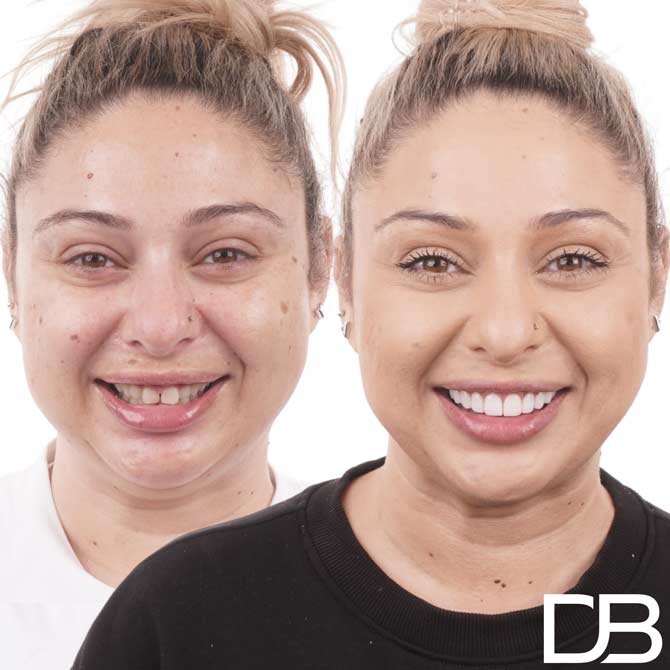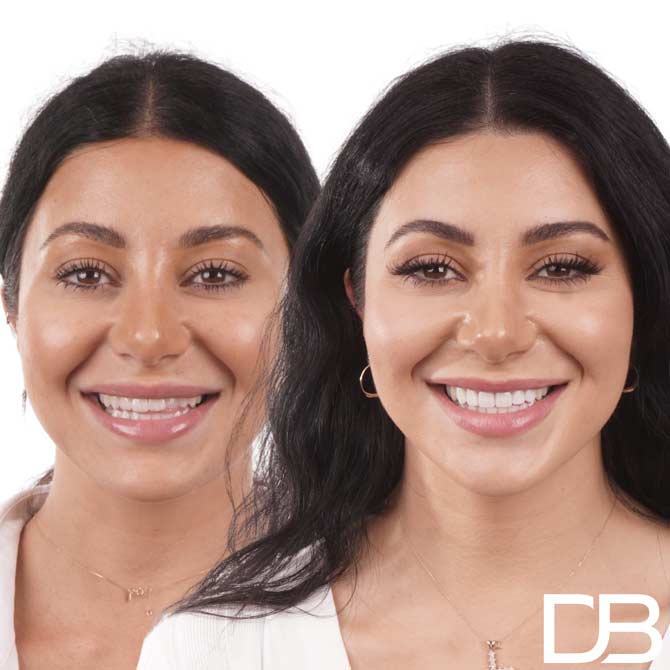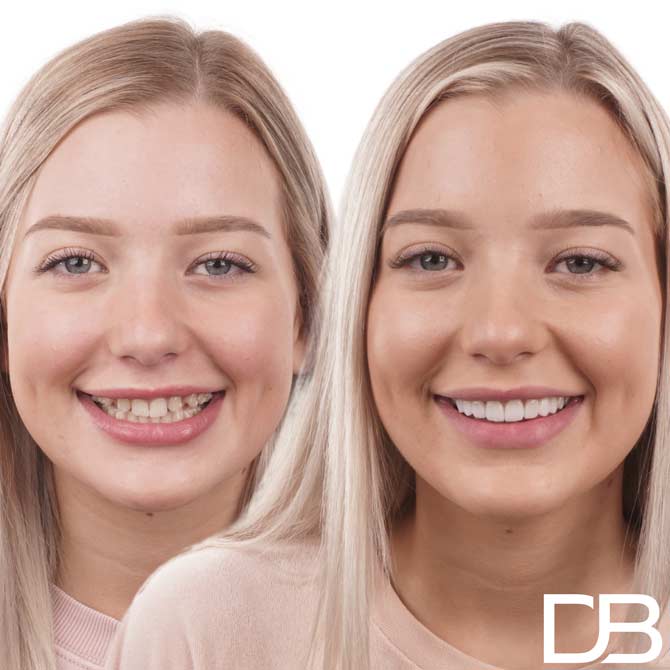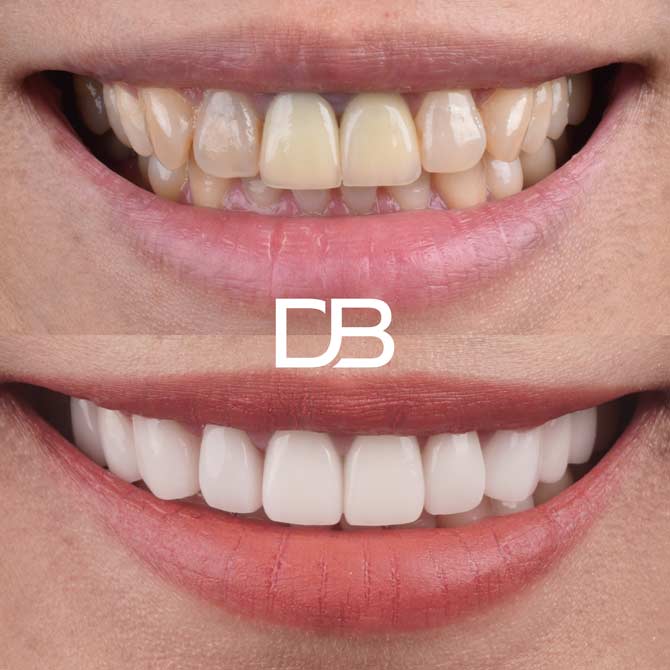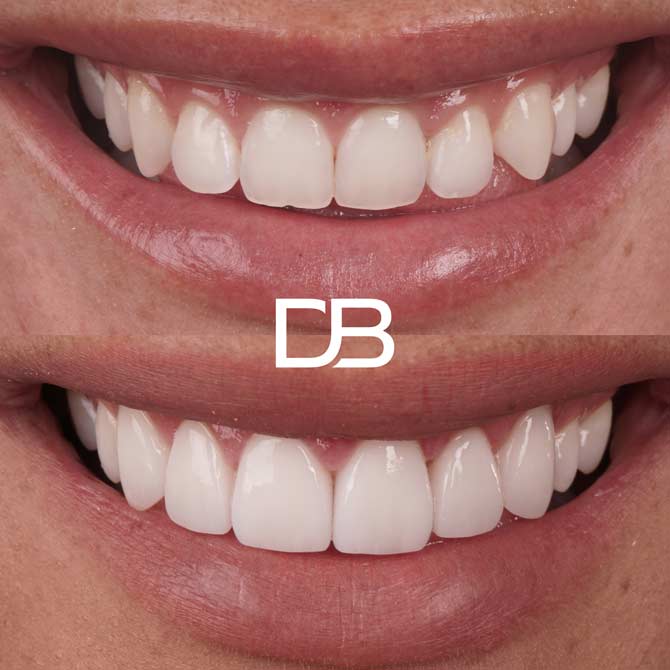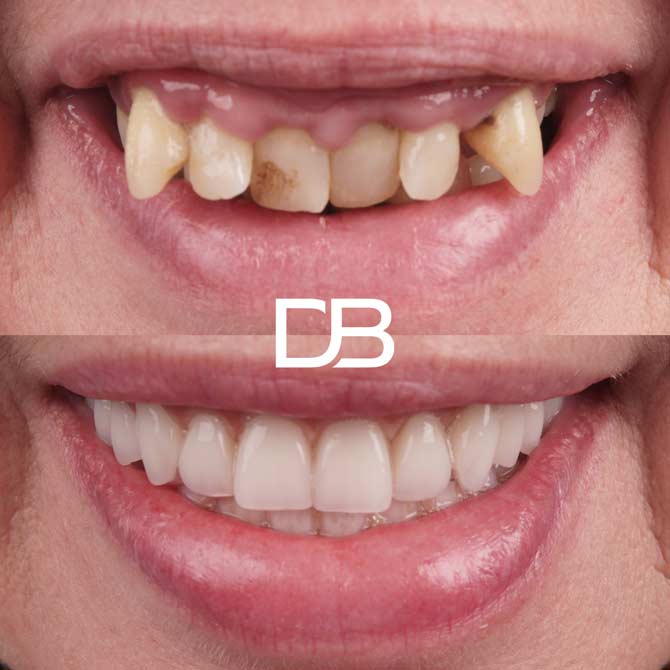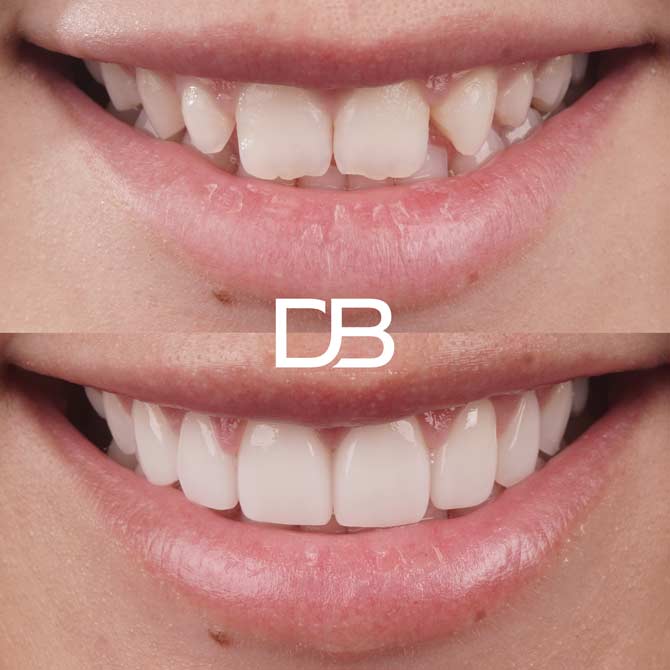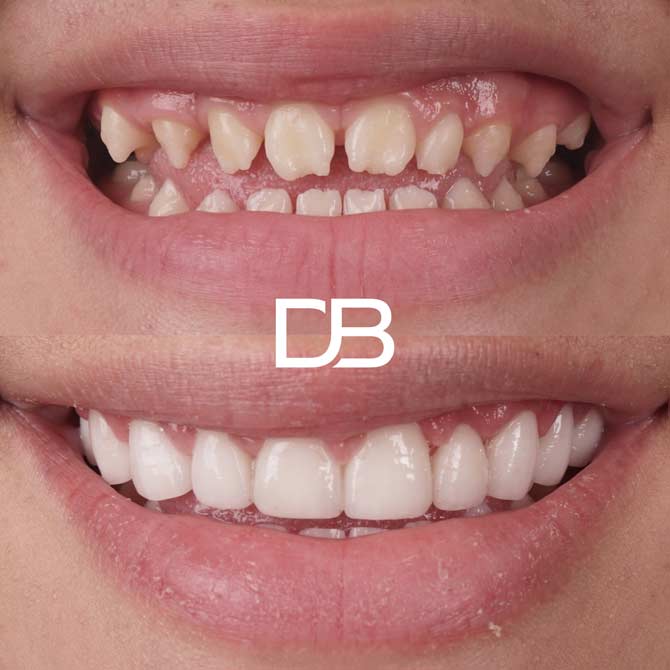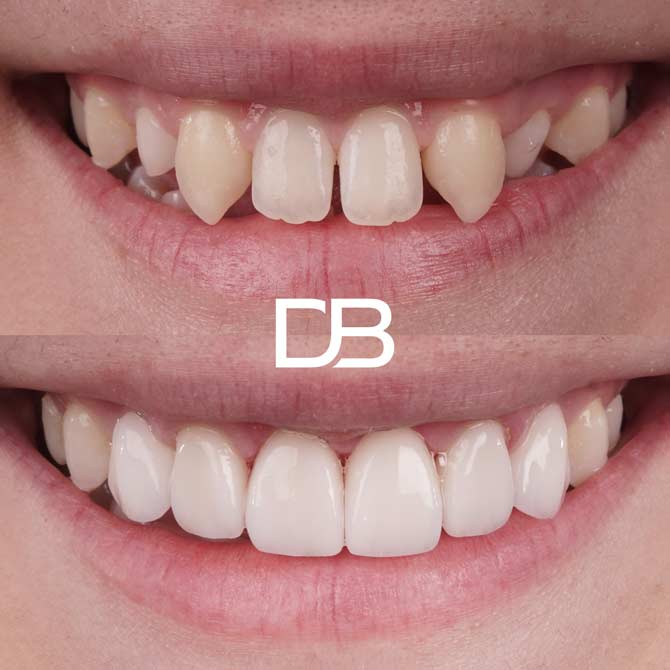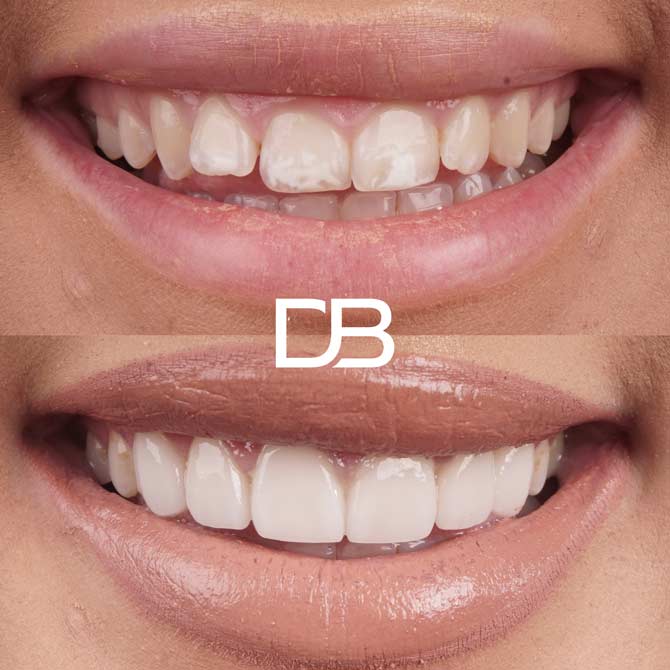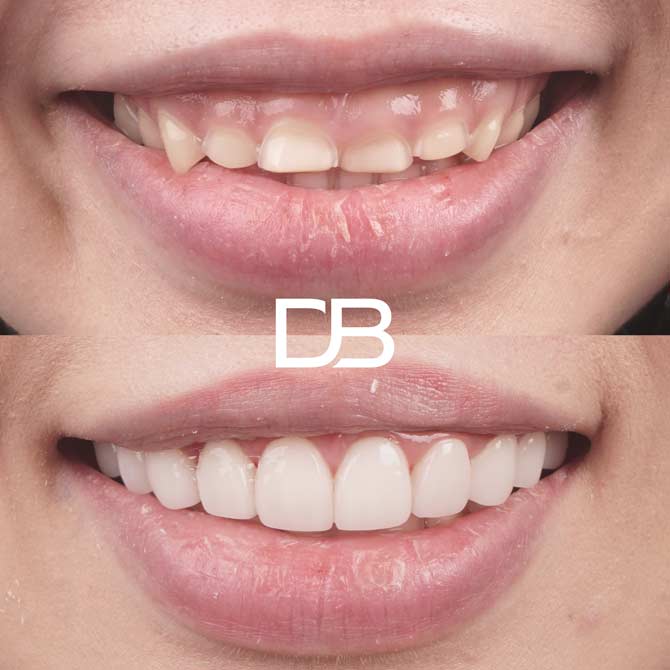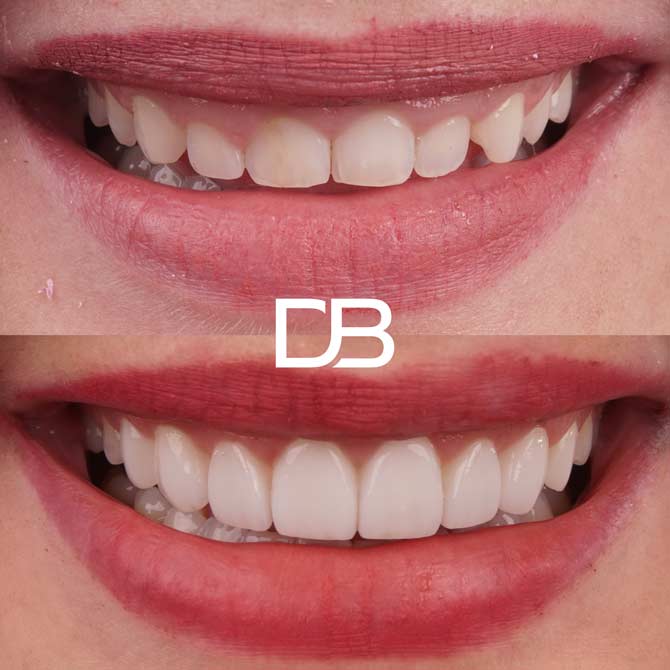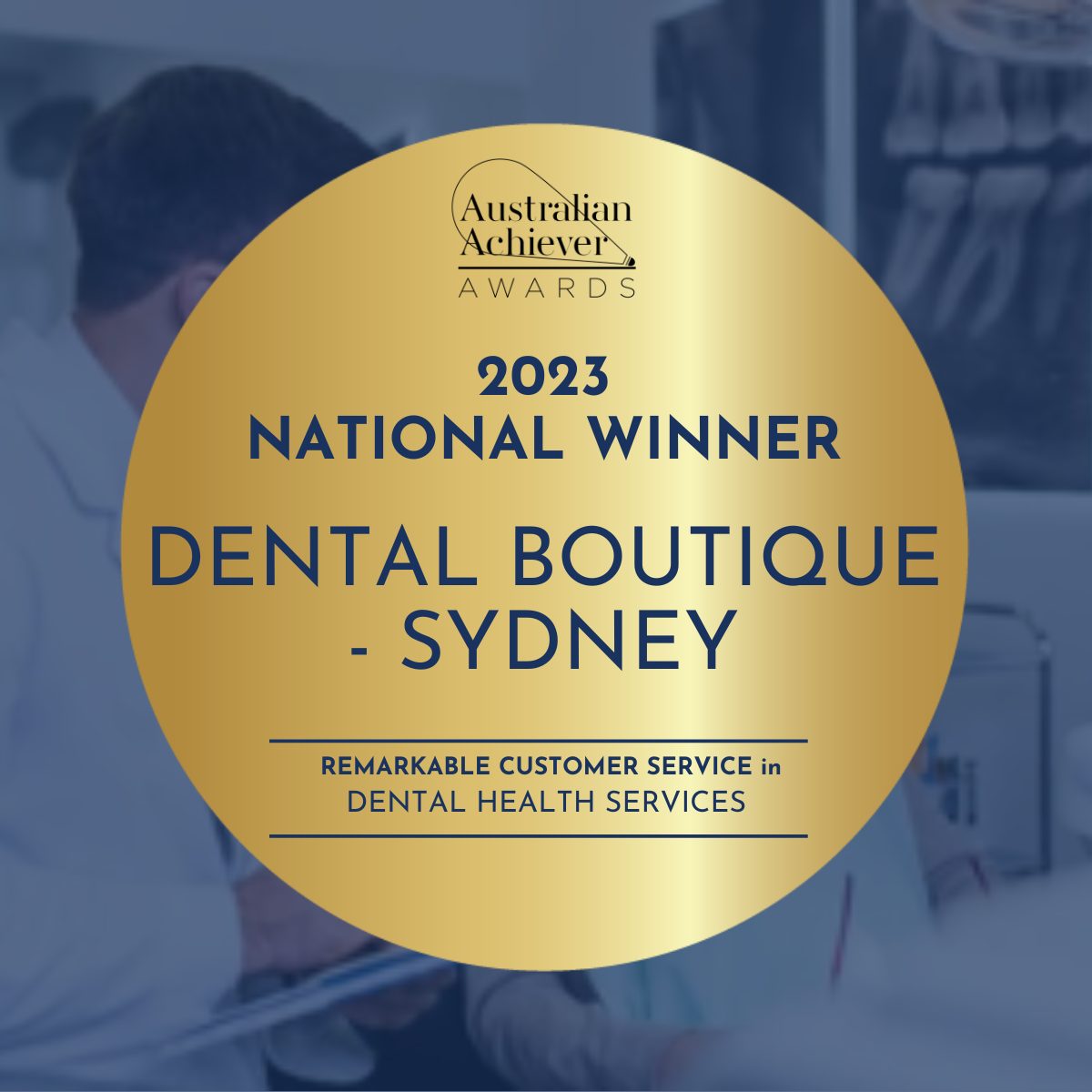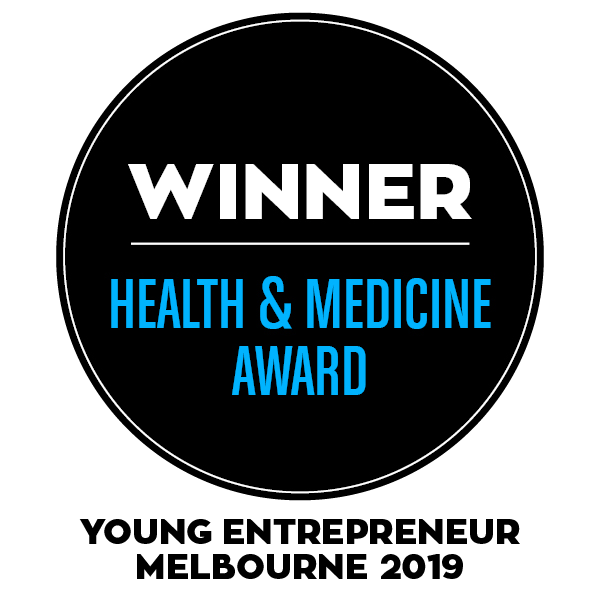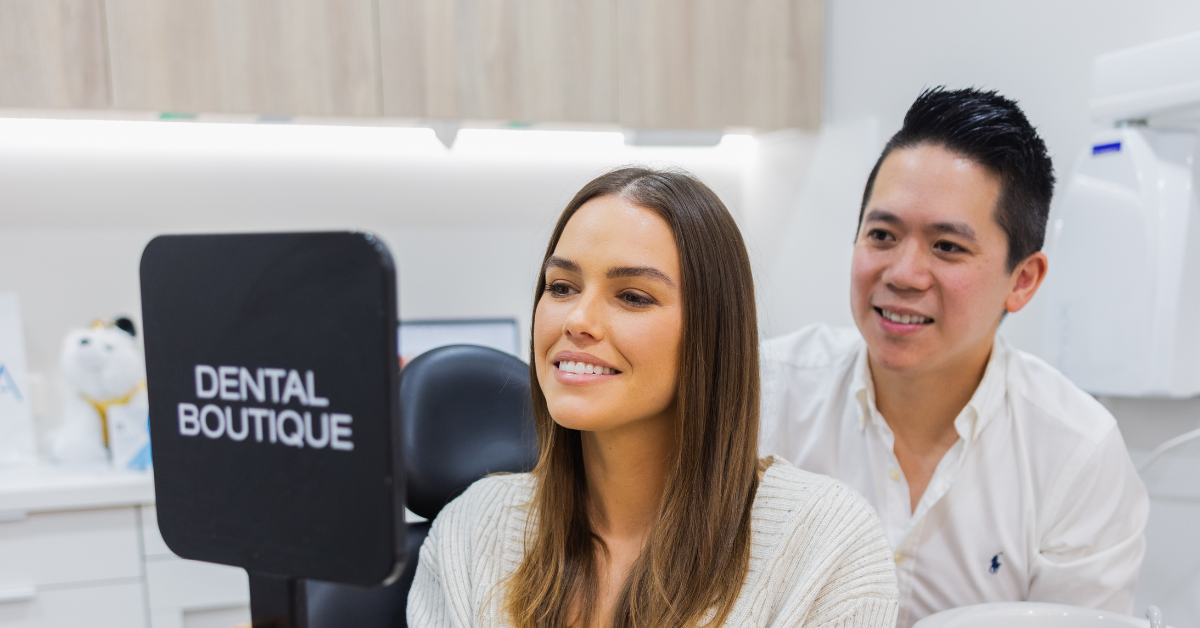
A sparkling white smile can do wonders for our confidence and self-esteem. For most of us, brushing and flossing our teeth twice a day is enough to keep our teeth in good condition, but doesn’t quite deliver that bright white shine we’re looking for.
Humans have practised teeth whitening for thousands of years, though the whitening tools we are familiar with today weren’t introduced until the 1980s.
Everyone seems to be doing it, but is teeth whitening safe? In this guide, we share everything you need to know about teeth whitening, from the risks to the safest and most effective whitening method.
What is Teeth Whitening?
Teeth whitening is the method of bleaching the teeth to lighten and brighten their colour. After a teeth whitening treatment, your teeth should look a few shades whiter.
The treatment is rarely necessary and is often an optional procedure.
Tooth whitening products contain chemicals including hydrogen peroxide and carbamide peroxide that work to whiten and brighten the appearance of the teeth.
The bleach soaks through the tooth enamel, which is the outer surface layer of the tooth, and into the dentin, which is the softer part of the tooth that lies underneath the enamel.
The chemicals react with the coloured molecules within the teeth that cause discolouration. The dentin then becomes lighter in colour which makes the teeth look whiter.
Bleach can also make the tooth enamel look more reflective, which can also give the teeth a whiter appearance.
Why Do People Have Their Teeth Whitened?
There are two types of discolouration that may prompt someone to seek teeth whitening.
Extrinsic discolouration occurs when foods, drinks, and smoking habits cause staining of the teeth. Tea, wine, coffee, foods with dyes, and tobacco products can all cause extrinsic discolouration.
Extrinsic stains affect the outside of the teeth. Most extrinsic stains can be managed with whitening toothpastes, though some people seek professional treatment for a stronger whitening effect.
Intrinsic discolouration occurs from within the tooth. Intrinsic discolouration can occur due to medication use, childhood illness, infection, tooth trauma, or ageing. These stains will often need to be professionally bleached.
Teeth whitening is not recommended if you
- Are pregnant or breastfeeding
- Have sensitive teeth
- Have cracks in your teeth or exposed dentin
- Have gum disease or gum shrinkage
Tooth whitening treatments will not work on crowns, veneers, or fillings.

What Teeth Whitening Options Are There?
There are three teeth whitening methods that you can choose from, though not all are made equal.
At-home tooth whitening kits are considered less effective and can carry higher risks than a professional tooth whitening treatment by your dentist.
Dentist Teeth Whitening
Your dentist can professionally whiten your teeth. This is the safest option and yields the best results.
Generally, dentists will bleach the teeth with carbamide peroxide, which breaks down to hydrogen peroxide and chemically reacts with the tooth to change its colour. Your dentist may also apply light to the teeth to speed up the process.
This treatment works quickly and typically lasts longer than over-the-counter treatments.
Depending on the condition of your teeth, the treatment may take an hour or a few visits to the dentist.
It’s a speedier and more effective process because the concentration of hydrogen peroxide is higher in professional products than those used at home. Only registered dentists can use the most concentrated and effective whitening solutions.
While professional tooth whitening by a dentist is recommended for all people looking to brighten their smile, it’s particularly important if you have receding gums or abfraction lesions.
Dentists are specially trained in whitening techniques and will be able to ensure that your teeth are protected during the process.

Teeth Whitening Products Dispensed By A Dentist For At-Home Use
Alternatively, your dentist can provide you with the equipment you need to whiten your teeth at home.
These trays dispensed by your dentist will be custom-fit to your mouth to ensure the most effective treatment.
Typically, the trays will be worn for 30 minutes to an hour each day for a few weeks.
This process takes much longer than a professional whitening treatment, but can deliver results if used correctly.
Over-the-Counter Teeth Whitening Tools
There are many over-the-counter (OTC) teeth whitening products on the market that you can purchase and use at home.
However, most of these products will contain much lower concentrations of carbamide peroxide than the formulas used by your dentist. In fact, some products contain no carbamide peroxide at all.
If your teeth are intrinsically discoloured, these products may not work as effectively as they are not potent enough to target stains within the teeth.
There are a few different types of OTC or DIY teeth whitening tools:
- Whitening toothpastes – These toothpastes target the surface of the teeth with various substances, such as abrasives and chemical blue covarine. They often need to be used consistently over a long period of time to yield results.
- Whitening strips – Teeth whitening strips can be applied once or twice a day. They contain a smaller amount of hydrogen peroxide than professional products.
- Activated charcoal – Many people mix up DIY activated charcoal pastes to apply to the teeth. They are not scientifically proven to whiten teeth and you should discuss this treatment with your dentist before giving it a go, as it may damage your teeth.
If you are considering using an OTC or DIY teeth whitening method, be sure to discuss this with your dentist beforehand to minimise risks and prevent any damage to your teeth.

Is Teeth Whitening Safe?
Teeth whitening by dentists is safe and effective.
Unfortunately, teeth whitening tools and treatments are often offered by unregulated and unqualified practitioners claiming to be teeth whitening specialists.
The Australian Dental Association advises that only registered dental practitioners have the expertise to assess whether teeth whitening is safe for you, to recommend the appropriate technique, and provide a safe and high-quality treatment.
Teeth whitening can become unsafe when used incorrectly, as hydrogen peroxide products can damage the proteins in the tooth’s dentin layer. This can then leave the pulp of the tooth – the innermost part of the tooth that contains the blood vessels and nerve endings – vulnerable to damage and infection. This can be very harmful to your health.
To minimise risk and prevent damage from occurring, it’s important to visit your dentist for your tooth whitening treatment, or discuss your teeth whitening plans with your dentist prior to applying the treatment at home.
Teeth Whitening Risks
The most common risks associated with teeth whitening are tooth sensitivity and gum irritation or pain.
In some cases, teeth whitening can cause significant damage to your teeth which can result in severe pain.
Sensitive Teeth After Whitening
It is quite common to experience teeth sensitivity after a whitening treatment, particularly after power bleaching.
The degree of sensitivity will be directly related to the concentration of the peroxide bleach, how long the treatment is left on for, and the composition of the non-bleach product used.
Sensitivity typically begins at the time of treatment and may last several days before it dissipates.
Your dentist may recommend products containing potassium nitrate and sodium fluoride gel to soothe your teeth.
We’ll take a look at how to reduce sensitivity after tooth whitening below.
Teeth Whitening Pain
Sometimes, pain will occur alongside sensitivity after teeth whitening.
This can feel like a mini electric shock in the treated teeth. It should subside 48 hours after bleaching. Sensitive toothpaste can help to alleviate the pain.
You may also experience some gum irritation after treatment. This is also common and will dissipate within a few days.
These minor side effects should completely disappear two days after treatment. Any lingering pain needs to be seen by a dental practitioner.
While professional teeth whitening by a qualified dentist is unlikely to lead to severe pain, OTC or DIY teeth whitening treatments can cause pain and damage if used incorrectly.
A poor teeth whitening treatment can lead to
- Inflammation in the pulp of the tooth, especially if whitening products are applied to teeth that are cracked or if the dentin is exposed
- Irritation or burns if the bleaching agent comes into contact with the surrounding gum, skin, eyes, or mucous membranes
- Irritation of the throat and stomach if the solution is swallowed, which can also lead to bleeding
Research has shown that improper whitening can result in significant damage to the teeth, including tooth erosion, tooth mineral degradation, increased susceptibility to demineralisation, and pulpal damage from whitening.
Each of these side effects can cause pain.
If you notice any lingering, severe, or throbbing pains after teeth whitening treatment, book an appointment with your dentist as soon as possible. They will be able to identify the cause of the issue and provide you with treatment.
How to Stop Sensitive Teeth Pain Immediately After Whitening
If you’re experiencing minor sensitivity after your teeth whitening treatment, there are a few things you can do to manage the discomfort.
Remember, the discomfort should subside within two days. Get in touch with your dentist if the symptoms persist.
- Follow the instructions – While this is a preventative action, keep this in mind before you try teeth whitening again. Follow the instructions closely, whether they be instructions from your dentist or the manufacturer’s instructions on your OTC kit. Never leave the whitening solution or strips on for longer than recommended.
- Apply a desensitizing gel – Your dentist will provide you with a desensitising gel before your treatment. Make sure to use it and keep it on your teeth for the recommended length of time before rinsing with water.
- Avoid cold or hot drinks and food after treatment – Very cold, hot, or sugary foods and beverages can worsen tooth sensitivity. Avoid these foods and drinks for a few days after your treatment until the sensitivity settles down.
- Use a fluoride rinse and/or sensitivity toothpaste – These products can help to protect sensitive teeth and alleviate your symptoms. Fluoride treatments are often recommended for use before, during, and after whitening.
- Use a soft-bristled toothbrush – Softer bristles are gentler on teeth and gums, so opt for a soft toothbrush if your teeth are feeling a little sensitive.
- Drink through a straw – Drinking through a straw after your whitening treatment will prevent liquid from coming into contact with teeth. This can minimise discomfort.
- Take pain medication – It can be helpful to take Ibuprofen or Paracetamol before and after your treatment.
- Increase time between treatments – If your teeth are sensitive or painful, increase the time between the last treatment and your next treatment. Chat with your dentist about your symptoms; they will be able to let you know when it’s safe to undergo your next whitening treatment.

How to Whiten Sensitive Teeth
If you have sensitive teeth but would like to try teeth whitening, chat to your dentist about your options.
Do not try an OTC or DIY kit at home unless your dentist has given you the all-clear.
One of the whitening options recommended for people with sensitive teeth is a whitening toothpaste. These products are generally gentle enough for sensitive teeth and will leave your smile whiter and brighter over time.
These toothpastes can sometimes exacerbate sensitivity by irritating the gum tissue and tooth surface, so cycle it out with a non-whitening formula every few weeks.
A Final Word
Everyone deserves a bright, white smile they can be proud of.
Teeth whitening is safest and most effective when done by a registered dental practitioner. Your dentist will be able to use the best-quality formula to yield the best results and ensure your teeth are not damaged in the process.
If you’d prefer to whiten your teeth at home, using a kit dispensed by your dentist is preferable to using an OTC or DIY kit. You will be able to chat with your dentist about how to use the kit properly and safely before you give it a go.
At Dental Boutique, we offer both in-chair and take-home tooth whitening procedures. You can get in touch with us to learn more about your options.

